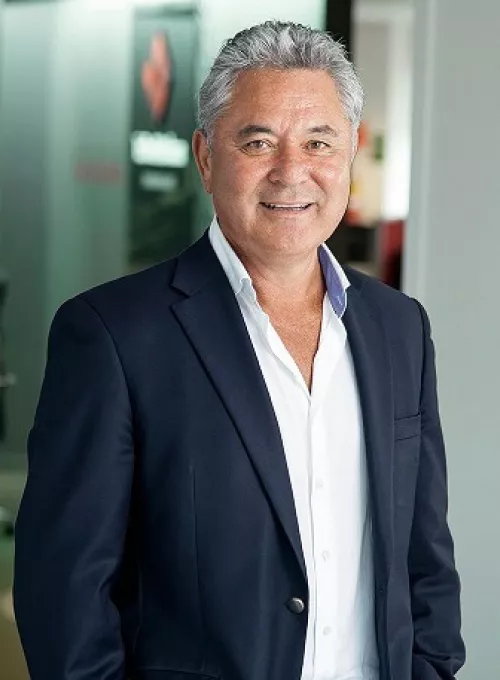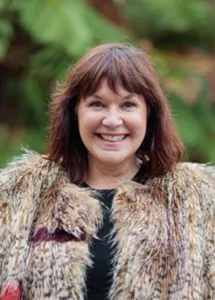
John Tamihere, widely known as JT, is a formidable leader and advocate for the rights and mana of Māori. His dynamic career spans law, politics, iwi governance, and community development, reflecting his unwavering commitment to empowering urban Māori and advancing the interests of his people.
Born the 10th of 12 children to a rugby league-loving Māori father and a staunchly Catholic Pākehā mother, JT’s upbringing shaped his values and resilience. Encouraged by his parents, he became the first in his family to attend university, earning double degrees in arts and law in 1984.
In 1988, JT was appointed as the youngest Regional Manager of the Department of Māori Affairs and the youngest District Solicitor for the Waikato Maniapoto Land District. These roles laid the foundation for his career in advocating for Māori rights and shaping policy.
As Chief Executive of the Waipareira Trust, JT spearheaded the Te Whānau o Waipareira report (Wai 414) in 1998 challenging the exclusion of urban Māori from Treaty settlements. This landmark case was taken to the Privy Council in London, resulting in the recognition of urban Māori under Te Tiriti o Waitangi—a monumental victory for Māori in urban centers. In 1998 JT was named New Zealander of the Year
John Tamihere entered Parliament as the Member of Parliament for Hauraki for the Labour Party, where he served as Chair of the Māori Affairs Select Committee. In 2002, he won the Tāmaki Makaurau (Auckland) seat and was appointed to Cabinet, positioning him as a strong contender to potentially become New Zealand’s first Māori Prime Minister. However, JT left Parliament in 2005 to refocus on grassroots advocacy, returning to lead Te Whānau o Waipareira.
In 2020, JT was appointed Co-Leader of Te Pāti Māori, and in June 2022, he took on the role of Te Pāti President, continuing his legacy of leadership and commitment to the advancement of Māori rights and aspirations.
Under JT’s leadership, Whānau Waipareira has thrived, with its balance sheet growing by 90%. He has also led the establishment of Te Pou Matakana, the North Island Whānau Ora Commissioning Agency, now Whānau Ora, which has become a model for integrated whānau services.
In governance, JT continues to lead as Chair of Ngāti Porou ki Hauraki and the Mataora Incorporation Land Trust. JT’s ability to bridge Māori and Pākehā communities, combined with his sharp legal acumen and strategic vision, has positioned him as a pivotal figure in both urban Māori development and national discourse. His enduring legacy includes advocacy for equity, recognition of urban Māori rights, and the empowerment of whānau through integrated services.
A tireless advocate and visionary, JT exemplifies leadership driven by purpose and grounded in whānau, whakapapa, and tikanga Māori. His influence extends across politics, governance, and community development, making a lasting impact on Aotearoa.
Links
Wikipedia Profile John Henry Tamihere
John Tamihere – Te Pati Māori President
20 Years Of Te Pāti Māori – July 2024
Willie Jackson
Updated 07 December 2024



